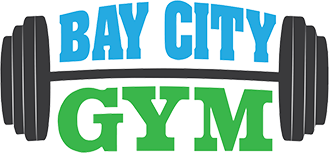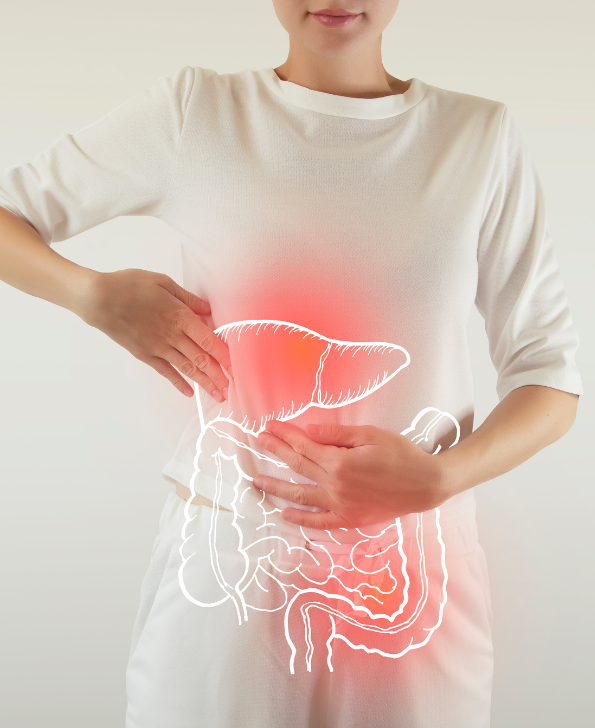Article written by Gavin Stoddart – Bay City gym Manager, Personal Trainer and Corrective Movement Coach
There are many factors that can limit your core training but in this short article I would like to explore gut inflammation as a cause.
If you have excessive gas, bloating, abdominal pain or cramps, reflux, fatigue, constipation, or diarrhoea it is possible you have an inflamed digestive system.
The Transversus Abdominus (TVA) is the deepest of your abdominal muscles running around your middle a bit like a corset and is extremely important for spinal stability and back health (see my last article on core training). TVA sits directly above your viscera (organs).
If there is inflammation in your digestive track your body will not fire up some of your key core muscles as the last thing it wants to do is apply abdominal pressure above an inflamed or painful area. The digestive organs and the muscles that sit directly above them are on the same neurological loop called the viscerosomatic reflex so can directly influence each other.
When we have inflammation in the gut some muscles become tighter to protect the area but others such as the TVA become inhibited and stop functioning. Around the lumbopelvic region the pelvic floor, psoas, piriformis, and the muscles that support the spine (paraspinals) increase in tension while at the same time other muscles such as TVA, Glute maximus and quads tend to shut down leading to more compensations within the body as it tries to adapt, including issues with elimination, as well as leading to muscle pain and dysfunction.
If you have any back pain or are struggling to train your core effectively, I would strongly recommend looking to your gut health and therefore your diet to not only improve your core activation but also your overall health. Here are some ideas that may be helpful:
- Eat an anti-inflammatory diet.
Reduce your intake of highly processed foods, refined carbs, sugar, artificial sweeteners, and alcohol and instead make sure you eat plenty of fresh fruits and vegetables (ideally organic to reduce your intake of nasty sprays etc). Also don’t forget healthy fats such as olive oil and coconut oil. A good diet will also provide you with anti-inflammatory nutrients such as B vitamins, omega-3s, vitamin D and magnesium to name a few. - Try an elimination diet.
If you suspect certain foods are triggering inflammation in your gut, try removing them from your diet for a good 3 months and see what changes you notice. I would strongly recommend gluten as a starting point as well as trying soy and dairy among others. Remove these one at a time so that you know which ones are the problem. I would recommend seeing a naturopath or nutritionist such as our very own Becs Lowe to guide you through this process. - Reduce Stress levels.
Stress is very strongly linked to inflammation, so finding ways to manage stress is crucial. Meditation, Yoga, low impact exercise where you can control your breathing, a relaxing bath or practising breathing exercises and time outside in nature are all good options. When we manage to get out of our Fight or flight mode, we can manage our gut disorders much better. - Take good quality Probiotics.
This should help promote a healthy balance of bacteria within the gut if you have a balanced diet.
In summary, improving the health of your gut can lead to benefits such as improved core strength, reduced back pain, and increased energy levels which will lead to much greater results from the hard work you put in at the gym. We cannot treat exercise and diet as two separate things if you want results, they both need to be worked on together.


